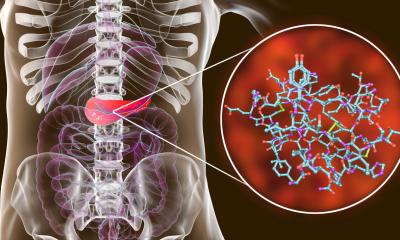Research on insulin cancer risk rings alarm
Four different population-based studies, recently published in Diabetelogia, the journal of the European Association for the Study of Diabetes (EASD), examine a possible link between insulin glargine (brand name, Lantus) and cancer.
The data within and between these studies are conflicting and confusing, and until more information is available, the American Diabetes Association has cautioned against over-reaction until more information is available: ‘For patients using glargine who are considering a switch to another form of insulin, the data in these studies make it unclear as to whether any one type of insulin increases the risk of cancer more than other types of insulin. Patients concerned about these studies, or their insulin regimen, should talk to their doctor and not stop taking their insulin on the basis of the findings reported here.
‘Insulin is a hormone normally produced by the pancreas that helps the body use glucose for energy. All people with type 1 diabetes need to take insulin to survive; many patients with type 2 diabetes also need to take insulin to control their blood glucose. Glargine insulin, which as been widely used since 2000, is an artificial form of insulin that is typically administered once a day.’
Source: American Diabetes Association. www.diabetes.org.
01.09.2009





